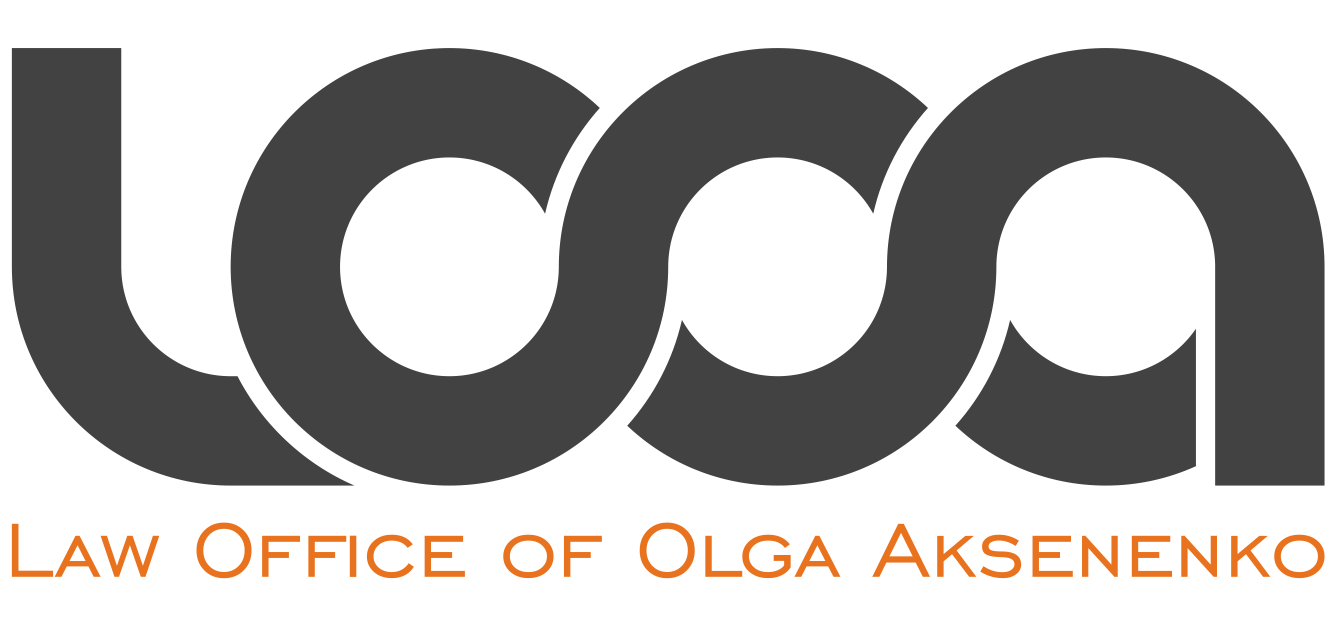THE PUBLIC CHARGE FINAL RULE IS GONE
Finally, we are delighted to say that we have some good immigration news!
So called “wealth test” (the Public Charge Final Rule) implemented by Trump administration has been revoked. This wealth test introduced a set of rules limiting immigration based on applicant’s health condition, prior use of public benefits, ability to speak English, education, credit history, debt, income, etc.
Pursuant President Executive Order 14012 of March 9, 2021, USCIS has announced that it would immediately stop applying the Public Charge Final Rule to all pending applications that would have been subject to the rule. Instead, the 1999 Interim Field Guidance that was in place before the Public Charge Final Rule would be applied.
Below is the guidance that can hopefully assist you in understanding the new-old requirements.
Please note that this is just a general guidance and it might be not applicable to your specific circumstances. Please consult an attorney before taking any step discussed below.
GUIDANCE FOR ADJUSTMENT OF STATUS APPLICATIONS
- If the Adjustment of Status Petition is filed on or after March 9, 2021:
- Applicants should not submit the Form I-944, Declaration of Self-Sufficiency, or any evidence or documentation required in furtherance of the Public Charge Final Rule with their Form I-485.
- At this time, USCIS has announced that it will not reject any Form I-485 based on the inclusion or exclusion of Form I-944.
- If the Adjustment of Status Application was (1) filed on or before March 8, 2021, (2) USCIS adjudicates the case on or after March 9, 2021, and (3) at the time of filing Applicant or Petitioner included information pertaining to the Public Charge Rule with their Adjustment of Status Petition:
- USCIS will not consider any information that relates solely to the Public Charge Final Rule, including, for example, information provided on Form I-944, evidence or documentation submitted with Form I-944.
- Any other information received will be evaluated consistent with the statute, regulations, and policies in effect at the time of adjudication.
- If the Adjustment of Status Application was (1) filed on or before March 9, 2021, (2) receives or received a RFE or NOID concerning information that solely concerns the Public Charge Final Rule, including but not limited to Form I-944 AND (3) a response is due on or after March 9, 2021:
- Applicants need not respond to the sections or inquiries of the RFE or NOID that solely pertain to the Form I-944 or Public Charge Rule.
- Applicants are still required to respond to the RFE or NOID that otherwise pertains to the eligibility for the immigration benefit sought.
- If USCIS requires additional information or evidence to make a public charge inadmissibility determination under the statute and their inquiry is consistent with the 1999 Interim Field Guidance, USCIS will issue a subsequent RFE or NOID.
- To avoid an incorrect denial for failure to respond, applicants are encouraged to respond to the RFE or NOID with a copy of the guidance published by USCIS and state that as the requirement has been rescinded, a response is unnecessary, even if the RFE inquiries solely on the Form I-944 or Public Charge Rule.
GUIDANCE FOR NONIMMIGRANT PETITIONS TO CHANGE / EXTEND STATUS
- If Applicants or Petitioners file for an Extension or Change of Status for Form I-129, Form I-129CW, Form I-539, or Form I-539A on or after March 9, 2021:
- Applicants and Petitioners should not provide information related to the receipt of public benefits on Form I-129 (Part 6), Form I-129CW (Part 6), Form I-539 (Part 5), and Form I-539A (Part 3).
- If the Applicants or Petitioners filed for an Extension or Change of Status for Form I-129, Form I-129CW, Form I-539, or Form I-539A (1) on or before March 8, 2021, (2) USCIS adjudicates the case on or after March 9, 2021 and (3) at the time of filing Applicant or Petitioner included information pertaining to public benefits:
- USCIS will not consider information on the receipt of public benefits on Form I129 (Part 6), Form I-129CW (Part 6), Form I-539 (Part 5), and Form I-539A (Part 3).
- Any other information received will be evaluated consistent with the statute, regulations, and policies in effect at the time of adjudication.
- If Extension or Change of Status for Form I-129, Form I-129CW, Form I-539, or Form I-539A was (1) filed on or before March 9, 2021, (2) receives or received a RFE or NOID concerning information that solely concerns the Public Charge Final Rule, 944 AND (3) a response is due on or after March 9, 2021:
- Applicants or Petitioners need not respond to the sections or inquiries of the RFE or NOID that solely pertain to the Public Charge Final Rule.
- Applicants or Petitioners are still required to respond to the RFE or NOID that otherwise pertains to the eligibility for the immigration benefit sought.
- If USCIS requires additional information or evidence to make a public charge inadmissibility determination under the statute and their inquiry is consistent with the 1999 Interim Field Guidance, USCIS will issue a subsequent RFE or NOID.
- BEST PRACTICE: To avoid an incorrect denial for failure to respond, applicants are encouraged to respond to the RFE or NOID with a copy of the guidance published by USCIS and state that as the requirement has been rescinded, a response is unnecessary, even if the RFE inquires solely on the Public Charge Final Rule.



